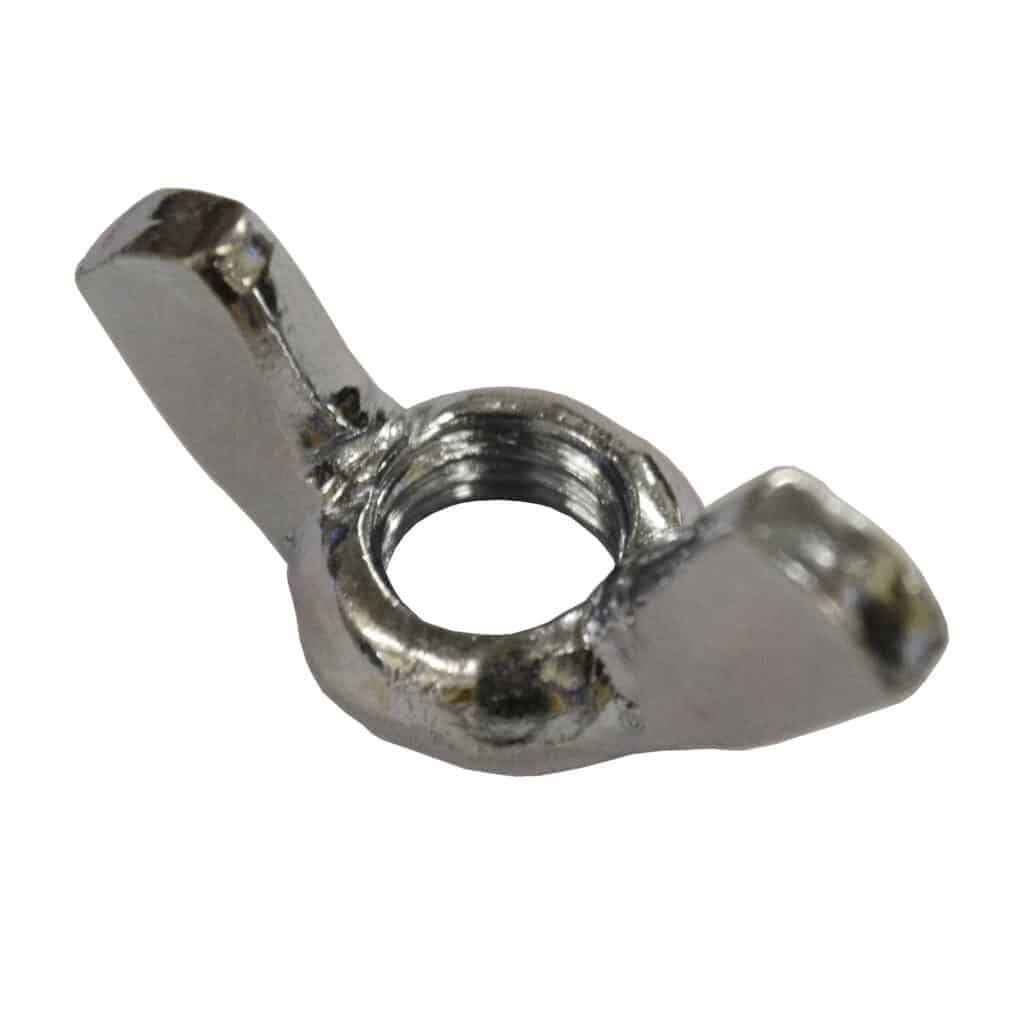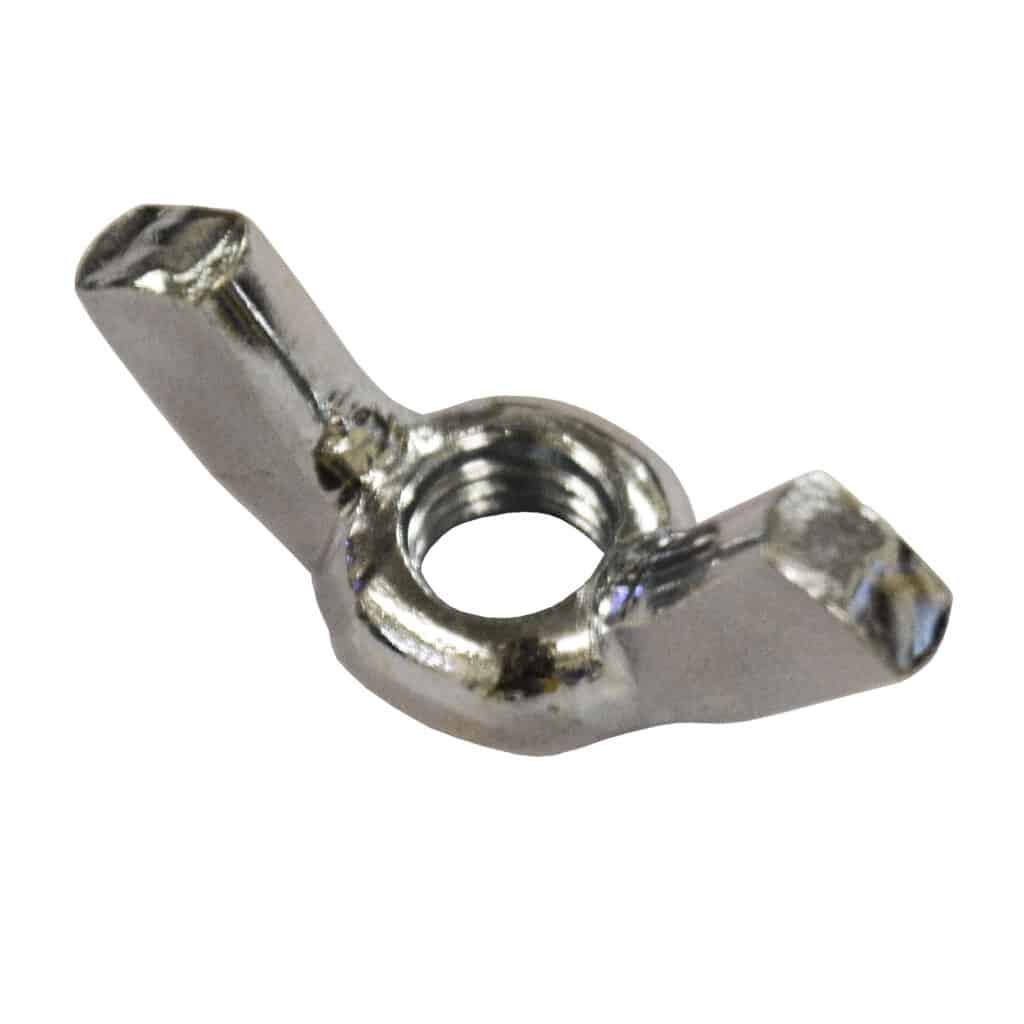- Massive Range
- FREE UK Delivery
- Rapid Dispatch
- Massive Range
- FREE UK Delivery
- Rapid Dispatch
- Massive Range
- FREE UK Delivery
- Rapid Dispatch
£1.75 – £18.99 inc VAT

Secure payments taken with:

This website is secured:
£ MULTIBUY SAVINGS – Order 3 For 10% Off
✔ Specialists In Rapid Shipments Of Any Size
✔ FREE UK Delivery Included
✔ Immediate Express Dispatch From Stock
✔ Tracked Delivery with Order Updates
✔ 30-Day Returns Accepted
@ ☏ Larger Pack Quantities Available
Hey there, are you in need of a reliable and durable penny washer? Speciality Metals has got you covered with their M10 penny washer in stainless steel 304 grade. Not only is it versatile and low maintenance, but its hygienic properties make it the perfect choice for any job that requires cleanliness. Plus, its corrosion resistance means you won’t have to worry about it breaking down any time soon. Whether you’re a DIY enthusiast or a professional contractor, the M10 penny washer is a secure and reliable option that won’t let you down.

These top quality M10 penny washer are for metric bolts and screws. They are supplied straight from Warrington, UK.
Apart from our extensive range of penny washers, Speciality Metals stocks a variety of both standard fasteners and specialist fasteners, including both steel and stainless steel fasteners, nuts and bolts, screws and steel washers.
We ensure that we offer a comprehensive range which meets the needs and requirements of each and every one of our customers, whether you are looking for standard washers or something a little more unusual.
When it comes to fasteners, there’s nothing like a sturdy and strong M10 penny washer. You can have confidence that a stainless steel washer made of 304 grade will be durable, versatile, low-maintenance and secure when it is made from stainless steel of the highest quality. Speciality Metals offers a wide range of high-quality washers to meet the needs of a wide range of industries. In addition, these washers have hygienic properties, are corrosion-resistant and are able to withstand even the harshest conditions. If you’re looking for reliable and long-lasting fasteners, check out Speciality Metals’ M10 penny washers.
Among austenitic stainless steels, type 304 is the most versatile and widely used due to its chromium-nickel content and low carbon content. These alloys are all modified forms of the 18% chromium, 8% nickel austenitic alloy. Type 304 stainless steel is great for using in many DIY projects as it is resistant to oxidation and corrosion.
Penny washer is one of the most common washers used over the world.
Key product details:
Speciality Metals is known to be the United Kingdom’s best up-and-coming small-quantity metal company.
Furthermore we stock a vast range of plain wire mesh and perforated metal options that compliment our sheet metal range perfectly.
Over 50,000 customers of Specialty Metals are provided with fast, friendly customer service every year. We’re the place to try when you need metal of any shape and size. We’re based in Warrington, UK. We pride ourselves on our rapid turnaround and a large range of options.
In most cases, stainless steel penny washers are not magnetic. Stainless steel is an alloy composed of iron, chromium and other elements, and its magnetic properties can vary depending on the specific composition and type of stainless steel. The two most common types of stainless steel are austenitic and ferritic.
Austenitic Stainless Steel: This type of stainless steel, which includes grades like 304 and 316, is generally non-magnetic due to its microstructure. It contains a high amount of nickel and chromium, which contribute to its corrosion resistance and non-magnetic properties. Austenitic stainless steel penny washers are likely to be non-magnetic.
Ferritic Stainless Steel: Ferritic stainless steel, such as grade 430, can exhibit magnetic properties to some extent due to its lower nickel content and different microstructure. Penny washers made from ferritic stainless steel might have some magnetic attraction.
Yes, stainless steel repair penny washers can be used in certain automotive applications. Stainless steel is valued in the automotive industry for its corrosion resistance, durability and aesthetic appeal. However, the suitability of stainless steel penny washers for automotive use depends on the specific requirements of the application.
Here are a few considerations for using stainless steel repair penny washers in automotive applications:
Corrosion Resistance: Stainless steel’s resistance to corrosion makes it suitable for automotive applications where exposure to moisture, road salts and other corrosive elements is a concern.
Fastening and Load Distribution: Stainless steel penny washers can be used to distribute the load of bolts or screws, helping to prevent damage to the automotive components being fastened.
Compatibility: Ensure that the stainless steel alloy used for the washers is compatible with the other materials in the automotive system to prevent galvanic corrosion.
Vibration and Fatigue: Automotive components are subject to vibrations and dynamic loads. Ensure that the chosen washers are appropriate for these conditions and won’t lead to fastener loosening or failure over time.
Size and Shape: Select washers with the appropriate size and shape to suit the specific fastening requirements of the automotive components.
Regulations and Standards: Depending on the application, there might be specific automotive industry standards or regulations that need to be followed. Check with industry guidelines to ensure compliance.
Professional Advice: If you’re unsure about the suitability of stainless steel penny washers for a particular automotive application, it’s a good idea to consult with automotive engineers or professionals who are experienced in selecting and using fasteners in automotive contexts.
Yes, there are a few special considerations to keep in mind when storing stainless steel repair penny washers to ensure their long-term quality and performance:
Dry Storage: Stainless steel is corrosion-resistant, but it’s still a good practice to store stainless steel washers in a dry environment. Moisture can lead to the formation of rust or corrosion on the surface of the washers over time, particularly if they are exposed to humid or damp conditions.
Clean Environment: Store the washers in a clean and dust-free environment. Dust and dirt can accumulate on the surface of the washers and potentially affect their performance or appearance.
Protection from Contaminants: If possible, store stainless steel washers in a way that prevents contact with other materials that might cause contamination or chemical reactions. This is especially important if the washers will be stored for an extended period.
Avoid Stacking Directly: If you need to stack the washers, consider using separators or dividers between the layers to prevent them from scratching against each other and potentially damaging their surfaces.
Storage Containers: If you have a large quantity of washers, consider using plastic bins, containers or resealable bags to store them. These containers can provide an additional layer of protection from dust and moisture.
Temperature Considerations: While stainless steel is generally resistant to temperature fluctuations, extreme heat or cold might affect the washers’ appearance or performance. Avoid storing them in areas with drastic temperature changes.
Regular Inspection: Periodically inspect the stored washers for any signs of corrosion or damage. If you notice any issues, address them promptly to prevent further deterioration.
Labeling: If you’re storing different sizes or types of washers, consider labeling the storage containers to make it easier to find the specific washers you need without having to open every container.
When installing stainless steel repair penny washers, there are several considerations to ensure proper and effective installation:
Surface Preparation: Ensure that the surfaces where the washers will be installed are clean and free from dirt, debris and any previous coatings. This helps create a secure connection and prevents interference with the washer’s ability to distribute loads.
Correct Sizing: Use the appropriate size of repair penny washers for the fasteners you are using. The washers should have a slightly larger outer diameter than the fastener head or nut to effectively distribute the load.
Alignment: Make sure the washer is properly aligned with the fastener and the surface it’s being installed on. Proper alignment helps prevent stress concentrations that could lead to fastener failure.
Load Distribution: The purpose of using penny washers is to distribute the load of the fastener over a larger surface area. Ensure that the washer is centered under the fastener to achieve even load distribution.
Torque: Apply the recommended torque to the fastener during installation. Over-tightening can lead to excessive stress on the fastener, washer and the material being fastened. Under-tightening might not provide sufficient clamping force.
Galvanic Compatibility: If the stainless steel repair penny washers are being used in contact with other metals, ensure that there won’t be galvanic corrosion due to the dissimilar metals. Consider using insulating materials or coatings if needed.
Vibration and Loosening: In applications exposed to vibrations, consider using locking mechanisms like nylon-insert lock nuts or thread-locking compounds to prevent fasteners from loosening over time.
Inspection: After installation, inspect the washers and fasteners for proper alignment and seating. Look for any signs of damage or irregularities that could affect performance.
Consult Manuals and Guidelines: Follow manufacturer guidelines, engineering standards and recommended installation practices specific to your application to ensure safety and reliability.
Professional Help: If the installation involves critical or specialized applications, it’s a good idea to consult with professionals or engineers who are experienced in the specific field.
Using stainless steel repair penny washers in high-vibration applications requires careful consideration of the specific conditions and requirements of the application. While stainless steel offers good corrosion resistance and durability, the effectiveness of repair penny washers in high-vibration situations depends on various factors:
Load Distribution: Repair penny washers are designed to distribute the load of fasteners over a larger area. In high-vibration applications, the repeated movement and stress on the fasteners and washers could lead to loosening if the load distribution is not effectively managed.
Fastener Type: The type of fastener being used, such as screws or bolts, plays a role in the stability of the connection. Using self-locking nuts, locking washers or thread-locking compounds can help prevent fastener loosening due to vibration.
Assembly Design: The overall design of the assembly, including the choice of materials, fastener type and washer size, can influence the resistance to vibration-induced loosening.
Vibration Frequency and Intensity: Consider the frequency and intensity of the vibrations to which the assembly will be subjected. High-frequency, intense vibrations can quickly lead to fastener loosening if not properly addressed.
Locking Mechanisms: In high-vibration environments, using additional locking mechanisms like nylon-insert lock nuts, serrated washers or spring washers can provide extra resistance to loosening.
Thread-Locking Compounds: Thread-locking compounds are adhesives that can be applied to threads before fastening. They help prevent fasteners from coming loose due to vibration.
Inspections and Maintenance: Regularly inspecting and maintaining assemblies in high-vibration environments is crucial. Tightening fasteners and checking the condition of washers can prevent issues caused by vibration-induced loosening.
Professional Advice: For critical or safety-sensitive applications, it’s recommended to consult with engineering professionals or specialists who have experience in designing for high-vibration environments.
Check out our recent article ‘Penny Washers: What They Are and Why They’re Essential in DIY Projects‘ for a deeper dive into penny washers. Our goal for our blogs and help guides is to answer as many questions as possible to help to explain the possibilities of mesh to our customers.
We are also very proud of our ever expanding YouTube channel.
Contact us today if you have any questions at all. We are always really keen to help in any way that we can.
We are also very proud of our highly popular eBay store, check us out there too.
Thank you for checking out our product.


Speciality Metals
Unit 1, Farrell Street, Warrington,
Cheshire, WA1 2WW, United Kingdom
Quick Links
Payment Options
